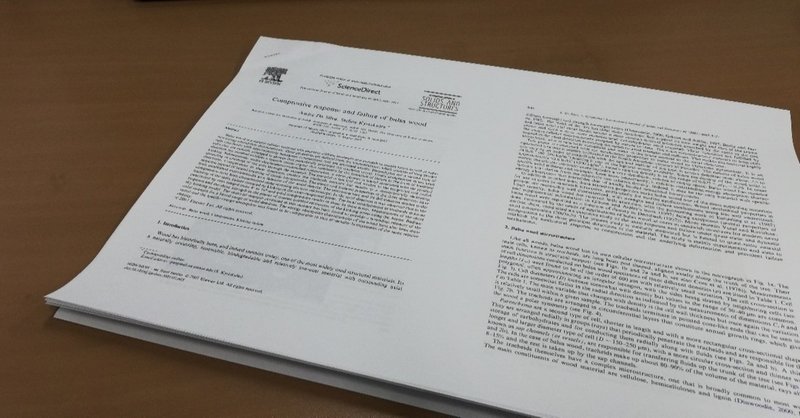
Photo by
marina_t
ACTとは?論文を読んでみる
ACT(アクセプタンス&コミットメント・セラピー)を語るには原著を読む必要があると考え、ACTを開発してスティーブン・ヘイズの論文を翻訳を試みた。google翻訳や今はやりのDeelLを使えば、それほど苦労しないだろうと安易に考えていたが、実際に翻訳してみると、全く歯が立たないことがわかった。稚拙な翻訳であるこは百も承知ではあるが、備忘録として、勇気を持ってnoteに残すことにした。
BEHAVIOR THERAPY 35, 639–665, 2004
Acceptance and Commitment Therapy,Relational Frame Theory, and the Third Wave of Behavioral and Cognitive Therapies Steven C. Hayes
原文(アブストラクト)
The first wave of behavior therapy countered the excesses and scientific weakness of existing nonempirical clinical traditions through empirically studied first-order change efforts linked to behavioral principles targeting directly relevant clinical targets. The second wave was characterized by similar direct change efforts guided by social learning and cognitive principles that included cognitive in addition to behavioral and emotive targets. Various factors seem to have set the stage for a third wave, including anomalies in the current literature and philosophical changes. Acceptance and Commitment Therapy (ACT) is one of a number of new interventions from both behavioral and cognitive wings that seem to be moving the field in a different direction. ACT is explicitly contextualistic and is based on a basic experimental analysis of human language and cognition, Relational Frame Theory (RFT). RFT explains why cognitive fusion and experiential avoidance are both ubiquitous and harmful. ACT targets these processes and is producing supportive data both at the process and outcome level. The third-wave treatments are characterized by openness to older clinical traditions, a focus on second order and contextual change, an emphasis of function over form, and the construction of flexible and effective repertoires, among other features. They build on the first- and second-wave treatments, but seem to be carrying the behavior therapy tradition forward into new territory.
日本語訳 (-_-)
行動療法の最初の波は、経験的に直接関連する臨床ターゲットをターゲットとした行動原理にリンクされた一次変更の努力を研究し、既存の非経験的な臨床伝統の過剰と科学的な弱さに対抗した。第二の波は、行動と感情的なターゲットに加えて認知的なものを含む社会的学習と認知の原則によって導かれた同様の直接的な変化の努力によって特徴付けられた。行動目標や情動目標に加えて、社会的学習や認知的なものも含めた認知原理 様々な要因が第三の波の舞台を設定したようです。現在の文献と哲学的な変化を含めた様々な要素が第三の波のステージとなっている。 Acceptance and Commitment Therapy (ACT)は、異なる方向にフィールドを動かしているように見える行動と認知の両翼からの新しい介入方法のうちの1つである。 ACTは、人間の言語と認知の基本的な実験的分析である関係フレーム理論(RFT)に基づいており、明示的に文脈に沿ったものとなっています。RFTは、認知的fフュージョンと体験の回避が偏在し、有害である理由を説明している。ACTはこれらのプロセスをターゲットにしており、プロセスとアウトカムの両方のレベルで支持的なデータを生み出している。第三波治療は、二次的な変化と文脈的な変化への焦点、形よりも機能の重視、柔軟で効果的なレパートリーの構築のような、旧来の臨床にも開放的であることを特徴としてる。ACTは、第一の波と第二の波の治療法に基づいていますが、行動療法の伝統を新しい領域に運んでいるように見える。
この記事が気に入ったらサポートをしてみませんか?
